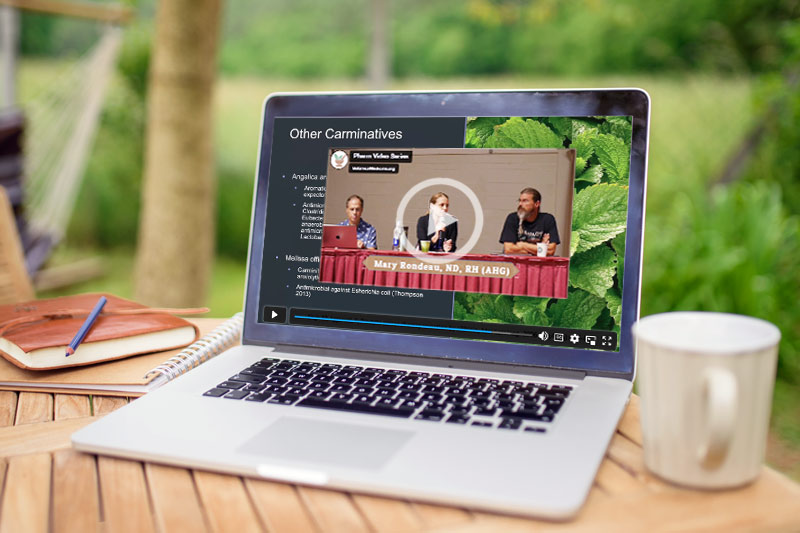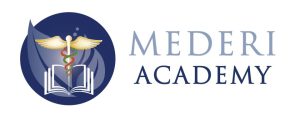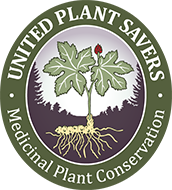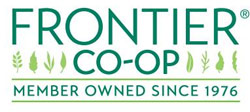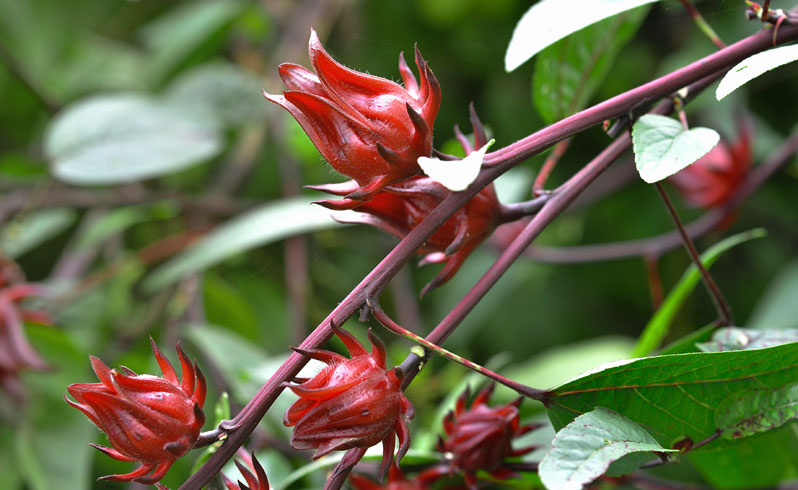
Understanding Metabolic Syndrome
Metabolic syndrome, also known as syndrome X, is not a single disease but a collection of risk factors that occur together. Individuals with metabolic syndrome are at a higher risk of experiencing a range of health complications, including cardiovascular disease, type 2 diabetes, non-alcoholic fatty liver disease and certain types of cancer. The incidence of metabolic syndrome has been increasing over the past few decades and is predicted to continue escalating in the coming years. Continue reading



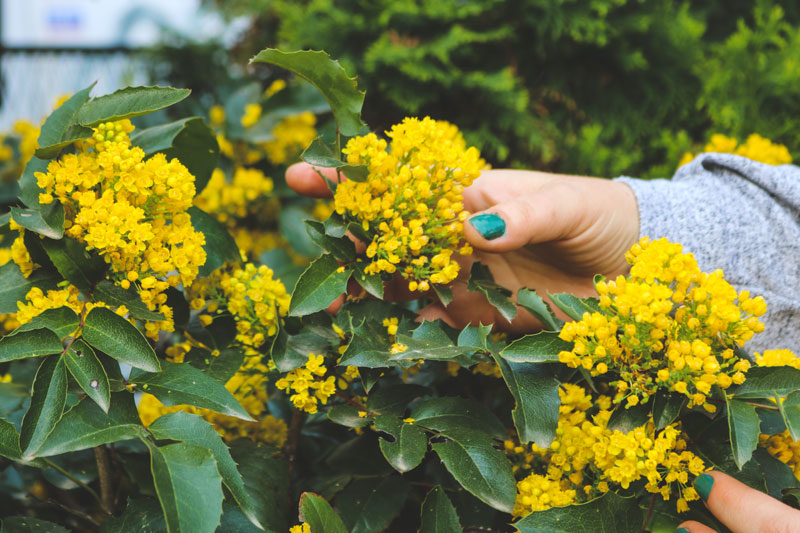
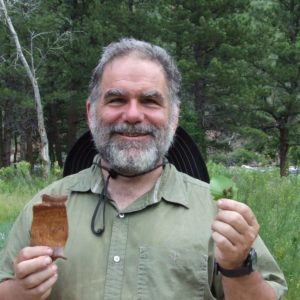
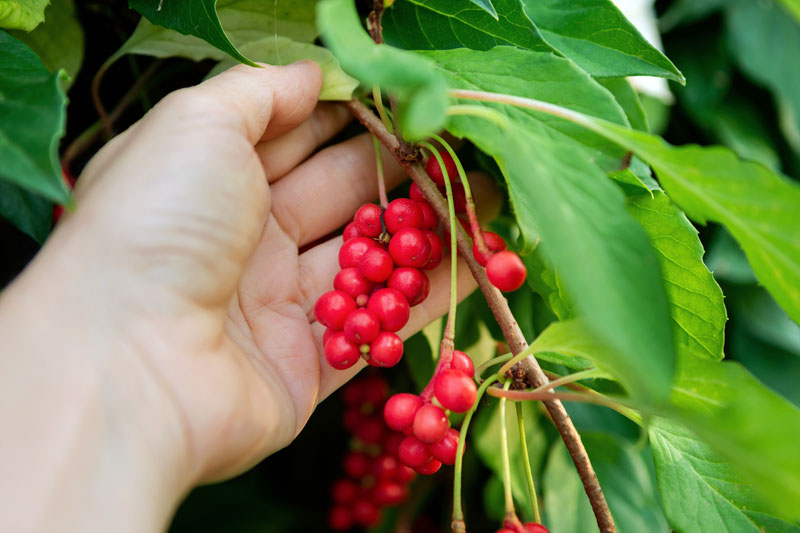

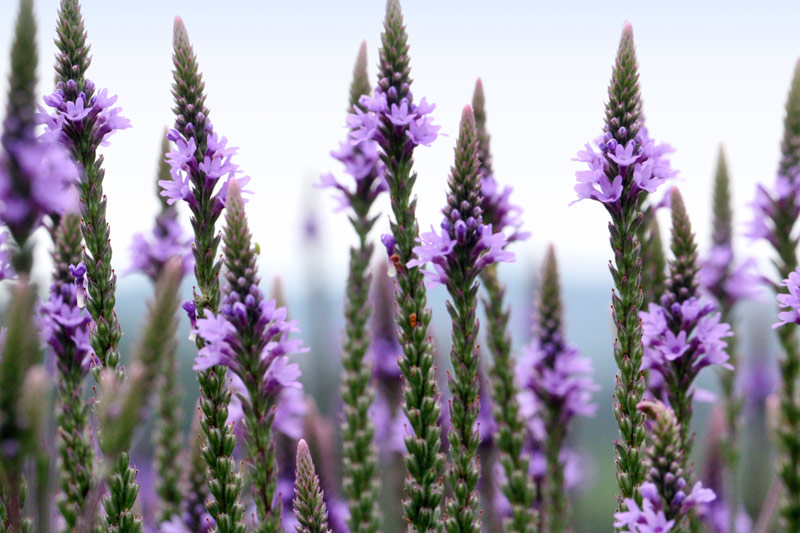
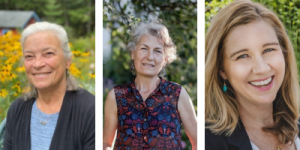
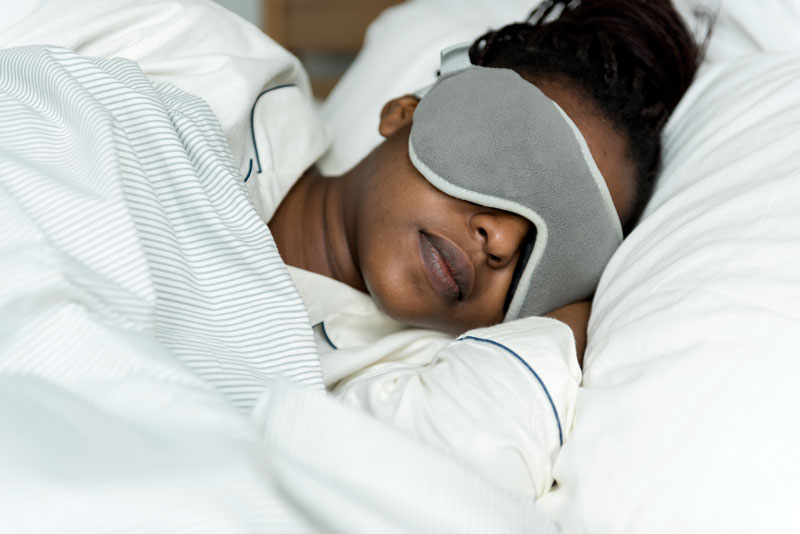
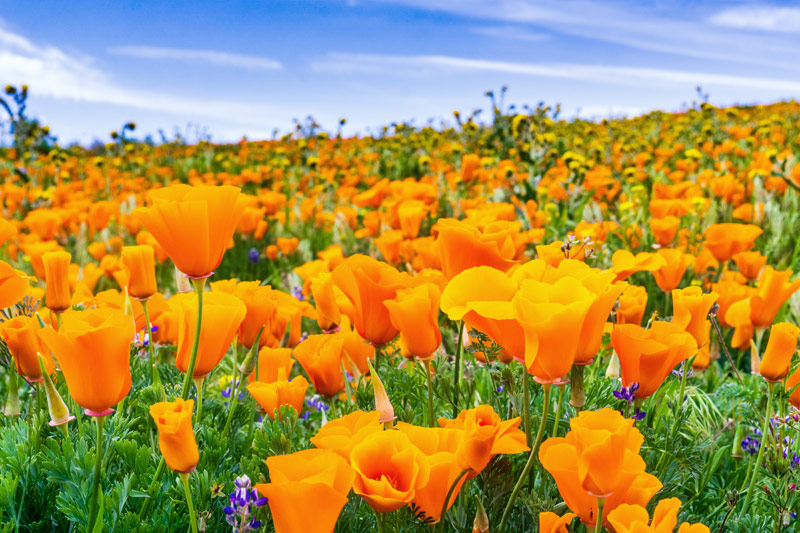
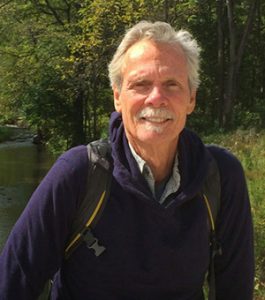
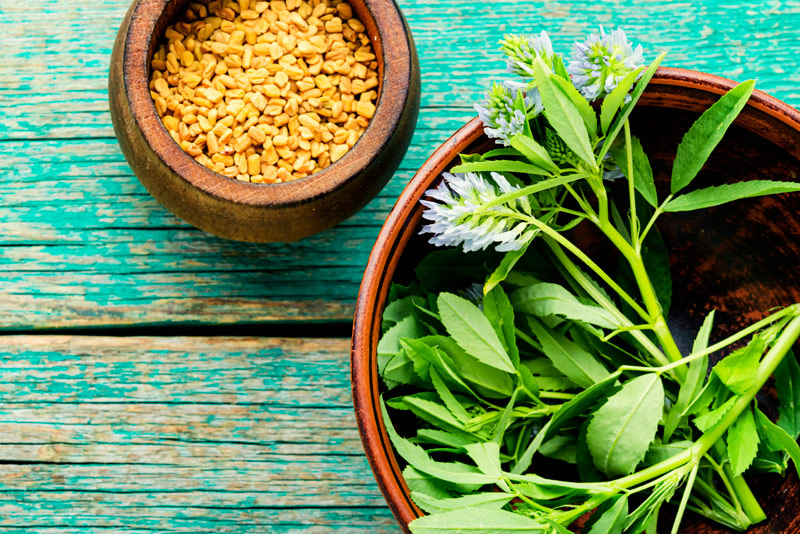

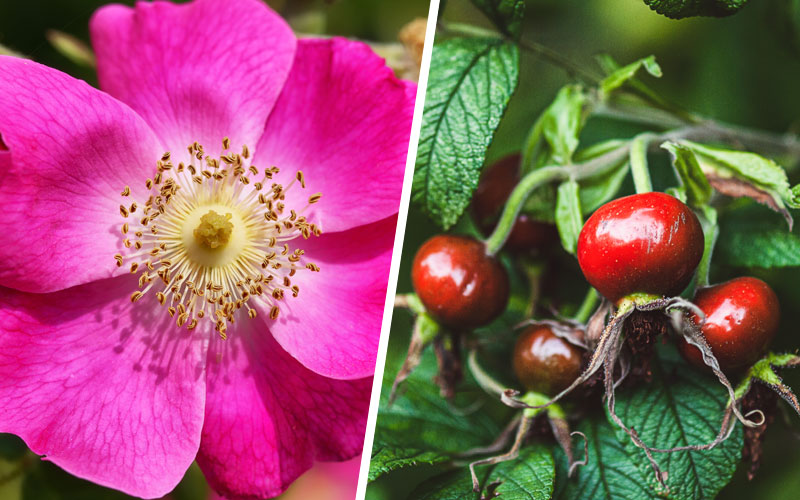
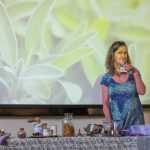
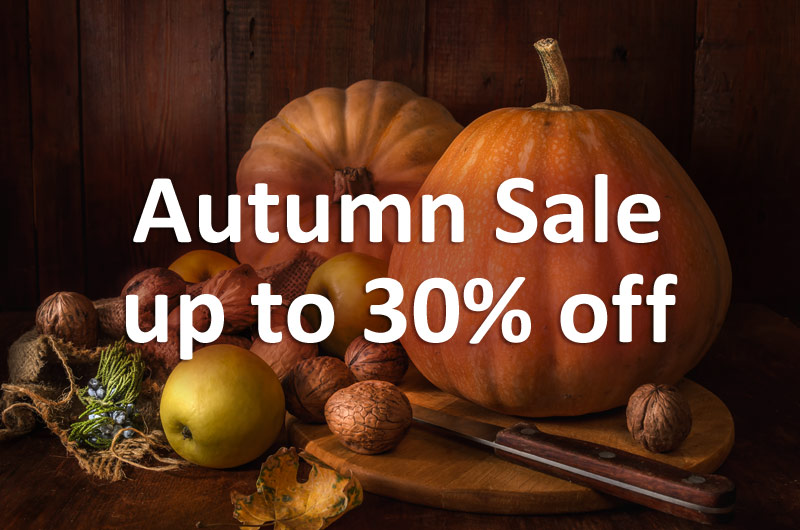
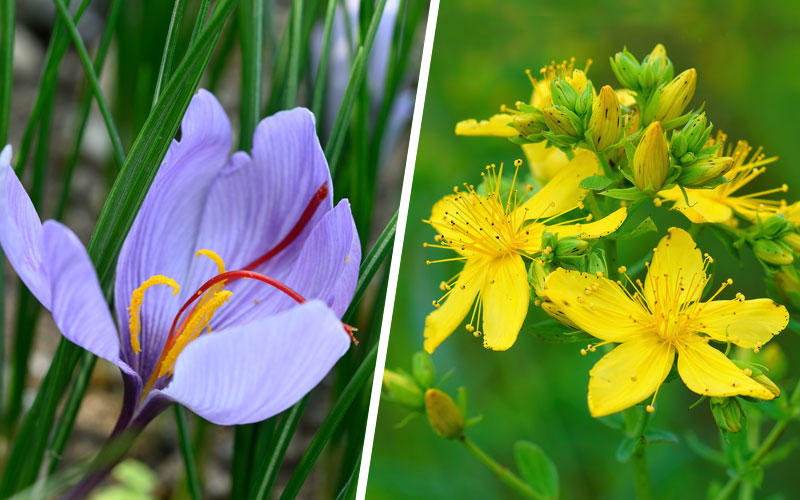
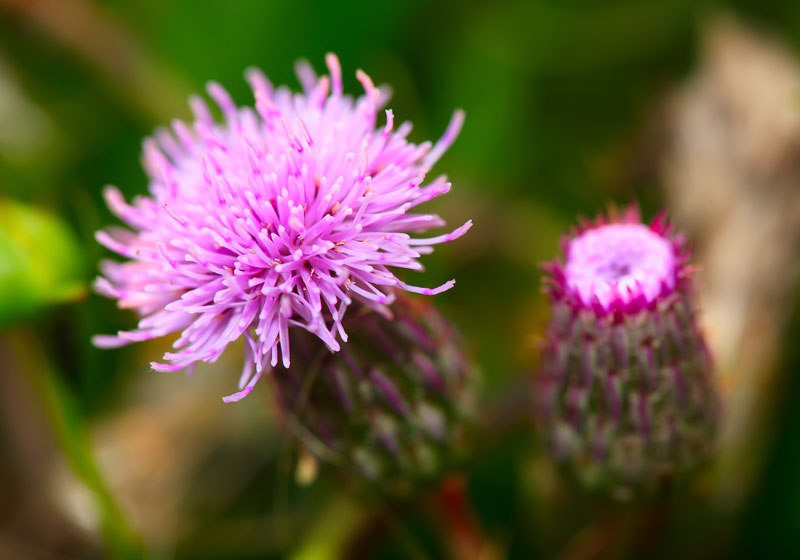
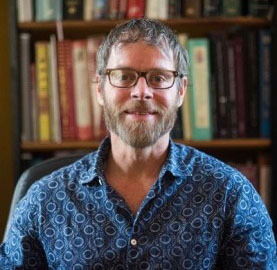
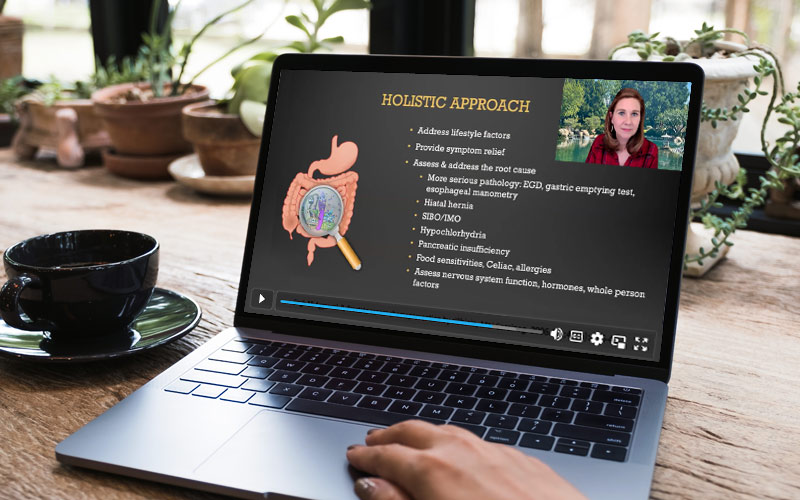
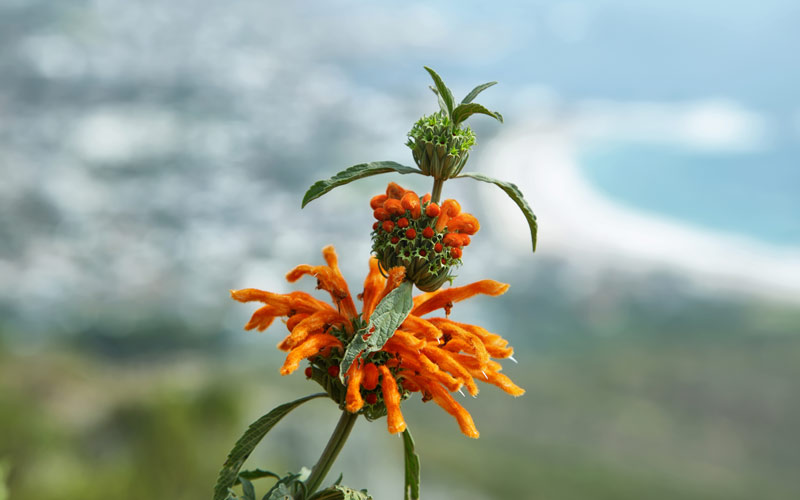
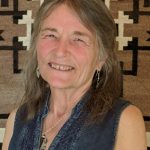
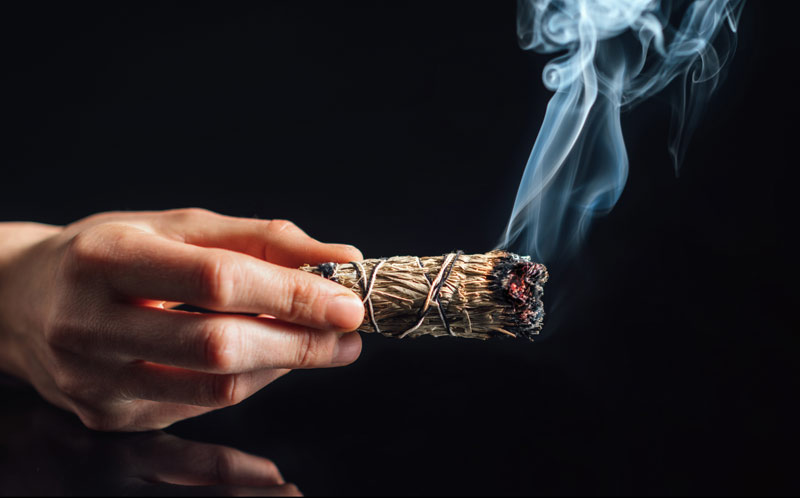
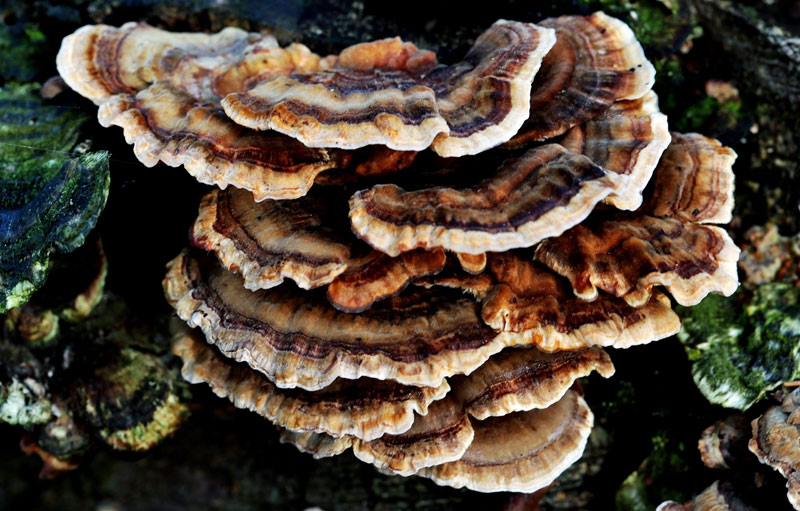
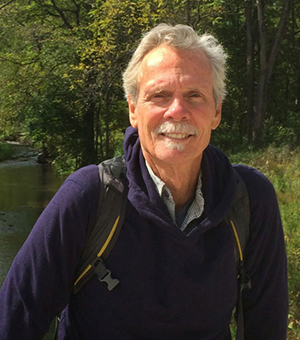
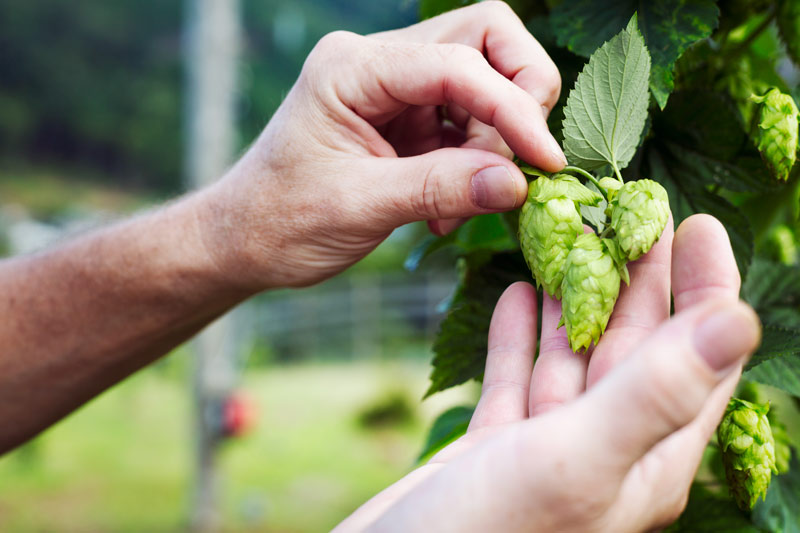
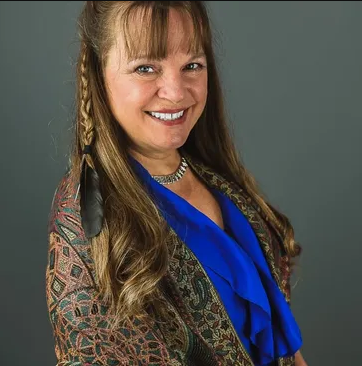 With the opiate epidemic being a glaring example of how NOT to manage chronic and acute pain, this session explores what tools herbalists possess to help comfort and soothe acutely painful conditions. Drawing from both folklore and modern research, Jillian Stansbury, ND offers a variety of liniments, soaks, poultices and pastes for a wide range of conditions.
With the opiate epidemic being a glaring example of how NOT to manage chronic and acute pain, this session explores what tools herbalists possess to help comfort and soothe acutely painful conditions. Drawing from both folklore and modern research, Jillian Stansbury, ND offers a variety of liniments, soaks, poultices and pastes for a wide range of conditions.